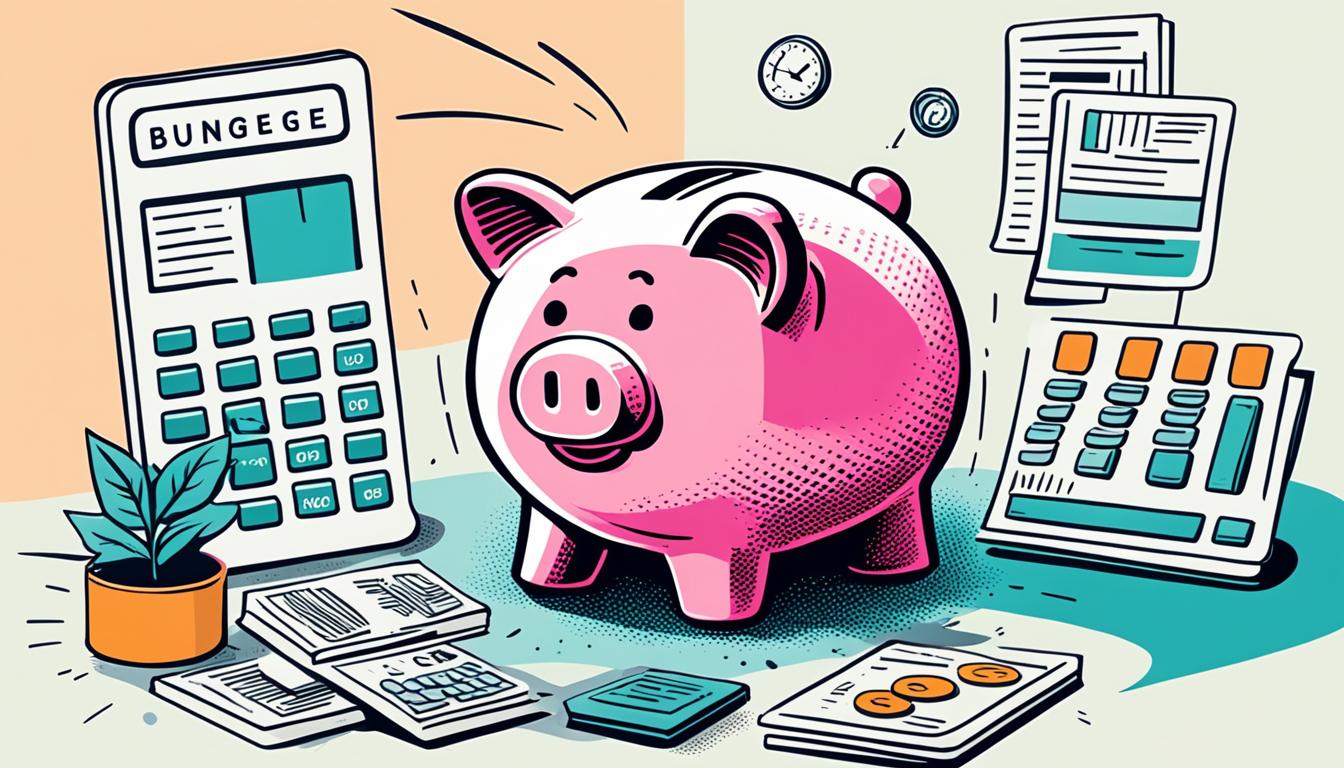To budget for your baby’s arrival, start early by making a list of essential nursery items like a crib, diapers, and clothing. Review your finances and set aside funds for postpartum expenses and unexpected costs. Consider opening a dedicated savings account and exploring insurance options. Shop smart and prioritize quality over quantity for necessities. Planning ahead helps ease financial stress; keep going to discover practical tips for managing your new family’s expenses.
Key Takeaways
- Create a comprehensive list of nursery essentials and prioritize must-have items to manage costs effectively.
- Review your finances and set up a dedicated savings account for anticipated and unexpected baby expenses.
- Incorporate nursery and postpartum costs into your overall budget, allowing for gradual purchases and avoiding overspending.
- Explore insurance options and employer benefits to offset medical and postpartum support costs.
- Build a financial cushion to accommodate variable recovery expenses and reduce financial stress during postpartum recovery.

Are you wondering how to manage your finances now that a baby is on the way? Preparing for a new arrival means more than just excitement; it involves planning for the costs that come with welcoming a little one into your life. One of the first steps is understanding the essentials you’ll need to set up your nursery. Nursery essentials include a crib, changing table, diapers, clothing, and feeding supplies. While some of these items can be bought secondhand or borrowed from friends, it’s important to budget for them early to avoid last-minute splurges. Creating a list of must-haves helps you prioritize and avoid overspending on items that aren’t necessary right away.
Preparing for your baby’s arrival? Budget early for nursery essentials like crib, diapers, and clothing to avoid last-minute splurges.
Along with nursery essentials, you should also prepare for postpartum expenses. These are often overlooked but can considerably impact your budget in the weeks and months after delivery. Postpartum expenses include medical costs, additional medications, postpartum support, and even meals or house help if needed. It’s wise to set aside extra funds for these costs, especially since recovery varies for each person. Some women might require more medical visits or support, so having a financial cushion can ease stress during an already emotional time.
To get a clear picture of how much you’ll need, review your current finances and identify areas where you can cut back or save. Consider opening a dedicated savings account for baby-related expenses so that funds are easily accessible when needed. This way, you won’t be scrambling for money later, especially when unexpected costs pop up. Also, look into insurance coverage for prenatal and postpartum care, and see if your employer offers any maternity benefits or flexible spending accounts that can help cover medical expenses tax-free. Additionally, understanding essential oils for postpartum recovery can help you incorporate natural remedies into your self-care routine without added stress on your budget.
Incorporating these costs into your overall budget helps you plan more confidently. Be realistic about what you can afford and avoid the temptation to buy everything upfront. Focus on the essentials first, then gradually add other items as your finances allow. Remember, many parents find that they can make do with less than they initially thought, especially if they shop smart and prioritize quality over quantity. By planning ahead for nursery essentials and postpartum expenses, you’ll set a strong foundation for your growing family, easing financial worries so you can focus on the joys of welcoming your baby.
Frequently Asked Questions
How Can I Save on Baby Gear Without Compromising Safety?
You can save on baby gear without sacrificing safety by exploring secondhand shopping for high-quality items and carefully inspecting them for damage. Additionally, try DIY projects for essentials like changing pads or storage solutions, which are safe when made with non-toxic materials. Always prioritize safety standards, regardless of cost, and consult reputable sources to ensure secondhand or DIY items meet safety regulations. This way, you keep your baby safe and your budget intact.
What Unexpected Costs Might Arise During the First Year?
Expect the unexpected, as unforeseen costs can pop up anytime. You might face emergency expenses like sudden health costs or unexpected medical bills, which can strain your budget. Additionally, you could encounter surprises such as additional diapers, formula, or last-minute gear. Planning for these surprises guarantees you’re not caught off guard, helping you keep your finances stable during your baby’s first year. Always set aside a little extra for peace of mind.
Are There Any Government Assistance Programs for New Parents?
Yes, there are government assistance programs for new parents. You might qualify for government grants that help cover essential expenses. Additionally, parental leave policies can provide paid time off, easing financial stress during your baby’s first year. Check your local government’s website to explore available programs and eligibility requirements. Taking advantage of these resources can make your passage into parenthood smoother and more manageable financially.
How Do I Create a Flexible Budget for Changing Needs?
To create a flexible budget, start with cash flow management by tracking your expenses regularly. Use expense tracking tools to monitor costs that fluctuate as your needs change. Set aside a buffer for unexpected expenses and review your budget monthly. Adjust your allocations as your baby grows or new expenses arise, ensuring your budget remains adaptable without sacrificing financial stability. This way, you stay prepared for changing needs.
What Are Affordable Options for Childcare and Education?
You can find affordable childcare by researching local options like affordable daycare centers or home-based care. Look for budget-friendly preschools that offer quality early education at lower costs. Consider community programs or subsidies that support families financially. Sharing childcare responsibilities with other parents or relatives also helps reduce expenses. By exploring these options, you guarantee your child’s needs are met without straining your budget, giving you peace of mind as your family grows.
Conclusion
Getting your finances in order before your little one’s arrival might seem like a tall order, but with a bit of planning, you’ll be as ready as a modern-day Marie Kondo. Keep track of expenses, set a budget, and prioritize essentials—your future self will thank you. Remember, even if you feel like you’re in a bit of a pickle, staying organized now will help you avoid any “flying by the seat of your pants” moments later.









